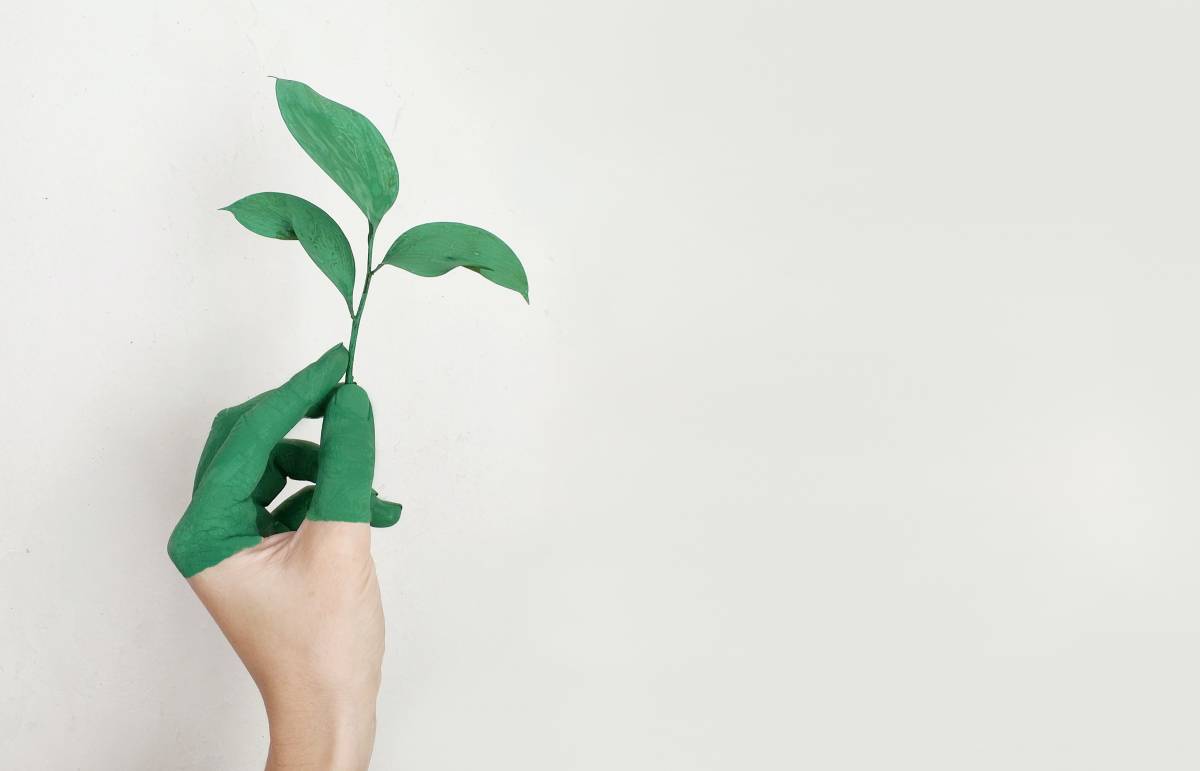
India and Denmark share strong economic, political, and cultural ties, that date back to the 1800s - however, in the last few years, this relationship has deepened immensely. This is more so the case since the signing of the Green Strategic Partnership between Prime Ministers Narendra Modi and Mette Frederiksen in 2020. The Green Strategic Partnership is a mutually beneficial arrangement to advance political cooperation, expand economic relations and promote green growth, create jobs, and strengthen cooperation on addressing global challenges and opportunities.
This partnership signifies the two countries’ commitment to meet the United Nations Sustainable Development Goals (SDGs) and contribute to the mitigation of the global climate crisis. The GSP is even more relevant in the context of both countries pledging to reduce their carbon emissions by 2030 and focuses on the implementation of the Paris Agreement. Focus sectors identified under the partnership include water, urban development, renewable energy and intellectual property rights and working groups for each have been instituted in both the countries.
Indian and Danish commerce is envisioned to be the primary vehicle for the implementation and execution of this all-important agreement. Currently, there are over 140 Danish companies in India, and over 60 Indian companies in Denmark. Bilateral trade between the two countries stood at US $1.35 Bn in 2021, while cumulative FDI inflow from April 2000 to March 2021 was US $677 Mn. This makes Denmark the 29th largest investor into India. To further support this exchange, several associations to look after their collective interests have also taken birth in both India and Denmark. Examples of these include Indo-Danish Chamber of Commerce (IDCC), Confederation of Danish (DI) Industry and Indo-Danish Business Association (IDBA).
Moreover, over time, India and Denmark have had several high-level exchanges and engagements that have culminated into this integral partnership, reflecting high levels of political motivation on both sides. In January 2020, Foreign Minister Mr. Jeppe Kofod visited India to attend the 5th edition of the Raisina Dialogue and engaged with the Indian PM Mr. Modi and the External Affairs Minister to discuss strengthening bilateral ties in all spheres and the prospects of a Green Strategic Partnership. In 2021, a detailed India-Denmark Green Strategic Partnership Action Plan was concluded by both countries.
The Joint Action Plan (JAP) was chalked out earlier this year with all the stakeholders in agreement. The JAP highlights that Danish companies with the pertinent technologies and expertise will help India in meeting its air pollution control targets, specifically the key problem of burning crop stubble. Finally, it includes efficient ways of tackling the COVID-19 pandemic, cooperative efforts in water efficiency, construction of India-Denmark energy parks and an India-Denmark skill institute to train Indian manpower. The Action Plan has already been mobilized by both sides and is progressing in all identified sectors.
For the Government of India, the GSP aligns perfectly with the Make in India (MII) and Atmanirbhar initiative, and its mandate of promoting domestic and local manufacturing in India. The Make in India initiative is expected to increase domestic manufacturing exponentially, which will then have a cascading effect on the local economy, employment rates and foreign direct investment – and will also transform India into a global manufacturing destination. Towards this, Invest India was established to as the operational arm of the MII campaign, to drive and facilitate business and foster ease of doing business in India. Till date, there are 140+ Danish companies successfully operating in India, including Vestas, Danfoss, Grundfos and Novo Nordisk.
The significant impact of the India-Denmark GSP on both countries, as well as its alignment with the Make in India programme, has ensured numerous engagements on this topic by Indian Prime Minister Narendra Modi and his team. PM Modi has interacted with numerous Danish investors and engaged in high-level exchanges with various Danish ministers. Additionally, Indian Ministries/Departments are working closely with their Danish counterparts, driving the action points laid down under the GSP and leading them to fruition.
In April 2021, a Statement of Intent (SoI) was signed between Atal Innovation Mission (AIM), NITI Aayog, and Embassy of Denmark to India as a part of the GSP. The objective of this SoI was to encourage collaboration and work towards the promotion of innovation and entrepreneurship in aspiring entrepreneurs to address Sustainable Development Goals. The partnership is envisaged to be executed through Innovation Center Denmark (ICDK) under the aegis of the Embassy of Denmark and will enable Indian innovators to access Danish technical expertise to develop India-specific solutions.
Most recently, in September 2021, the Hon’ble Minister of External Affairs Shri Subrahmanyam Jaishankar visited Denmark and met with the Danish Foreign Minister Jeppe Kofod and H.M. Queen Margrethe in Copenhagen. This High-Level Exchange was followed by the visit of the Danish Minister for Climate, Energy, and Utilities, Mr. Dan Jorgensen, to India on an official ministerial visit to take the Green Strategic Partnership forward.
Minister Jorgensen was accompanied by a delegation of 20+ companies, including Danfoss, Grundfos, Vestas Wind Systems, and the Lego Group. During his time here in India, he conducted multiple site visits to Danish green companies in India and met with numerous Ministers including the Hon’ble Minister of Commerce Shri Piyush Goyal, the Hon’ble Minister of Environment, Forest & Climate Change Shri Bhupender Yadav, and the Hon’ble Minister of Power and Renewable Energy Shri Raj Kumar Singh. Finally, the upcoming visit of Prime Minister Mette Frederiksen in October 2021, on the anniversary of the GSP signing, is likely to reiterate and press upon the goals captured in the partnership, with the new avenues of collaboration possibly opening up under the same.
India and Denmark have both set ambitious targets to reduce carbon emissions and contribute to a greener, cleaner, and more sustainable planet. The Joint Action Plan, chalked out by both countries, as well as the recent High-Level Exchanges, demonstrate both countries’ relentless efforts to meet the stipulated targets and catalyse the implementation of this partnership. This will in turn generate multiplier effects on the economy, job creation, and innovation.
The two nations are at the cusp of a vital milestone in their diplomatic relationship. As the two countries approach the one-year anniversary of the GSP, a joint future of mutual partnership and sustainable growth is projected for both countries, Denmark and India. In spirit of the same, India extends a warm welcome to the Prime Minister of Denmark and hopes for fruitful discussions and outcomes!



